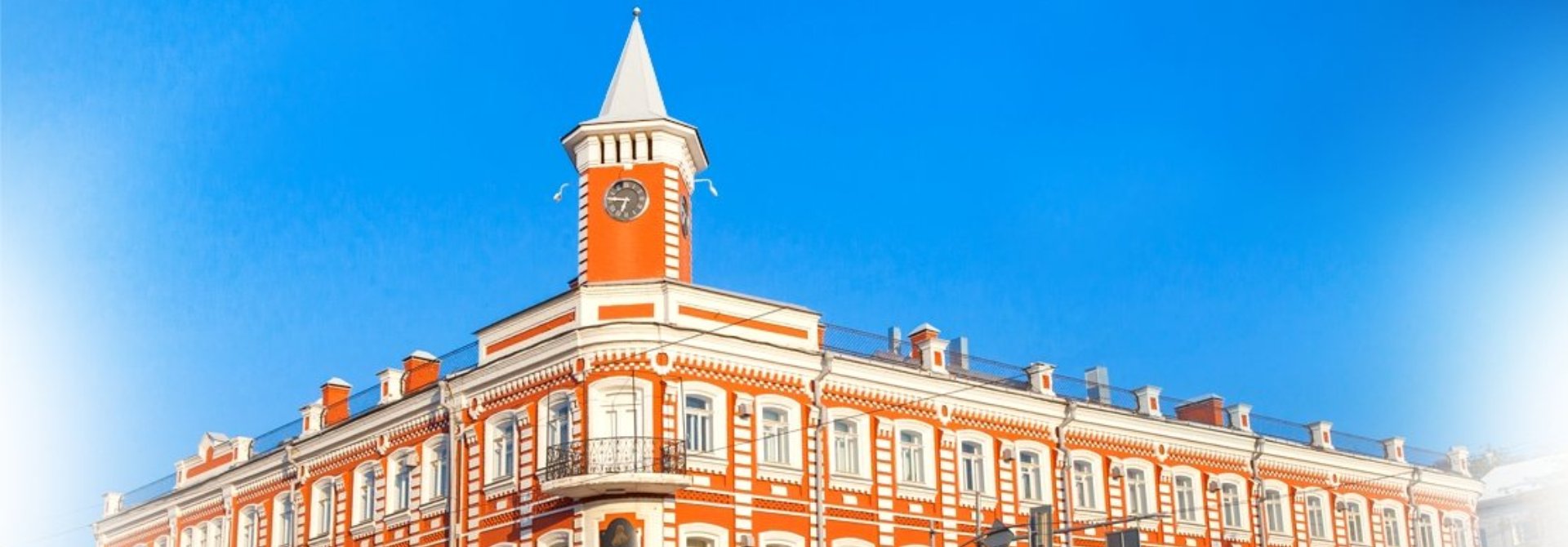The past century has not been easy on Russian culture, but it has also majorly affected the world. Today we will turn to Spanish literature of the first half of the 20th century. Nikolaeva Polina, a young poet and author of UNESCO weekly articles, will be the reader’s guide in this literary journey.
Spanish Tragedy: prologue
It only makes sense to analyze author’s work in the historical and socio-political contexts. By doing so, a reader gets the opportunity to understand the idea and get closer to the very essence of the work. In this article, we will talk about Federico Garcia Lorca, a poet, whose influence on Spanish literature was as strong as Pushkin’s on Russian literature. What is there that we know about Lorca and his time?
Spain was going through tough times when Federico Garcia Lorca was born. The poet was born in 1898 when Spain has lost its overseas colonies and, consequently, its influence. Only an illusion remained of a great powerful country. However, the collapse in political sphere sparked the rise in literature. The entire “generation of 1998”, including Lorca, had a love-hate relationship with their homeland: they both passionately loved and hated it.
This duality forced the generation to reconsider their opinions related to history and everyday life. Spanish poetry of this period is dominated by hope and despair, motifs of death and exile. According to Federico's contemporaries, Spain was literally infected with fear and slavish obedience to the slogan "Death to the intellectuals!", terror became a part of daily existence. Talented authors had to immigrate in order to practice their art, and some felt so betrayed by their country that they forbade to transfer their ashes to their homeland.
Federico Garcia Lorca was born near Granada. His friends described him as a very trusting and naive person, and as a very private person, too. Despite the challenges life presented, Lorca remained true to his motto until the end of his days: «To be joyful is a necessity and a duty. Even if love, people, the order of the world torment me forever, I will never give up my pursuit of happiness». All his life he strove for spiritual unity and loving communion between people. Unfortunately, many of his plans and hopes will remain a mystery to us. The poet was shot at the age of 38, during the outbreak of the Spanish Civil War.
The Art of Federico Garcia Lorca and his Opinion on Essence of Art
Lorca began his career as a prose writer. He made his debut with a collection of travel notes titled Impressions and Landscapes, and then his first play The Witchcraft of a Butterfly was published. The work was not yet a mature piece of a professional playwright, still there was something new and unusual about it—timid poetry with a hint of irony. Although it would be more vividly visible in his later works, The Witchcraft of a Butterfly demonstrated one of Lorca’s predominant motives: "Death always hides behind the mask of Love".
Federico also experimented with poetry, trying all sorts of genres, rhythms and forms. Lorca's poetry gradually gained its independence, but the connection with folklore traditions only grew stronger. Folklore becomes a determining factor. According to the poet himself, folklore is that necessary fulcrum for contemporary art; it allows one to create and contributes to endless renewal. However, traditions must be skillfully handled in order to avoid overt copying. He explained it this way: “From folk poetry, you need to take only its deep essence and, maybe, two or three more colorful trills, but you can’t slavishly imitate its unique intonations.” Lorca uses folk songs as such only in dramas, and his poems are related to folklore not so much by the form as by the “nerve of the form”.
The Last Tragedy: A Premonition of Civil War
The last year of his life Lorca spends working on a political tragedy that he has neither finished nor titled. In it, he reflects on the topic of war, the life of the people in the pre-war periods, speaks about the role of art and the fate of the poet as a part of a crowd that obeys propaganda slogans. The action in his latest drama begins with a break-in and destruction of the theatre, in which the production of Shakespeare's play was interrupted by the bombing. The entire play is mercilessly realistic in every act, and one could see how the play is a reflection of poet’s contemporary events. Unfortunately, we will not be able to fully comprehend this play of his; however we can get acquainted with the work of a man who raised the literature of Spain to a new level.





